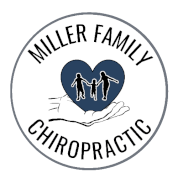CBD


CBD has been touted for a wide variety of health issues, but the strongest scientific evidence is for its effectiveness in treating some of the cruelest childhood epilepsy syndromes, such as Dravet syndrome and Lennox-Gastaut syndrome (LGS), which typically don’t respond to antiseizure medications. In numerous studies, CBD was able to reduce the number of seizures, and, in some cases, stop them altogether. Epidiolex, which contains CBD, is the first cannabis-derived medicine approved by the FDA for these conditions.
CBD may also help with:
Anxiety Studies and clinical trials are exploring the common report that CBD can reduce anxiety.
Insomnia. Studies suggest that CBD may help with both falling asleep and staying asleep.
Chronic pain. Further human studies are needed to substantiate claims that CBD helps control pain. One animal study from the European Journal of Pain suggests CBD could help lower pain and inflammation due to arthritis when applied to skin. Other research identifies how CBD may inhibit inflammatory and neuropathic pain, which are difficult treat.
Addiction. CBD can help lower cravings for tobacco and heroin under certain conditions, according to some research in humans. Animal models of addiction suggest it may also help lessen cravings for alcohol, cannabis, opiates, and stimulants.




